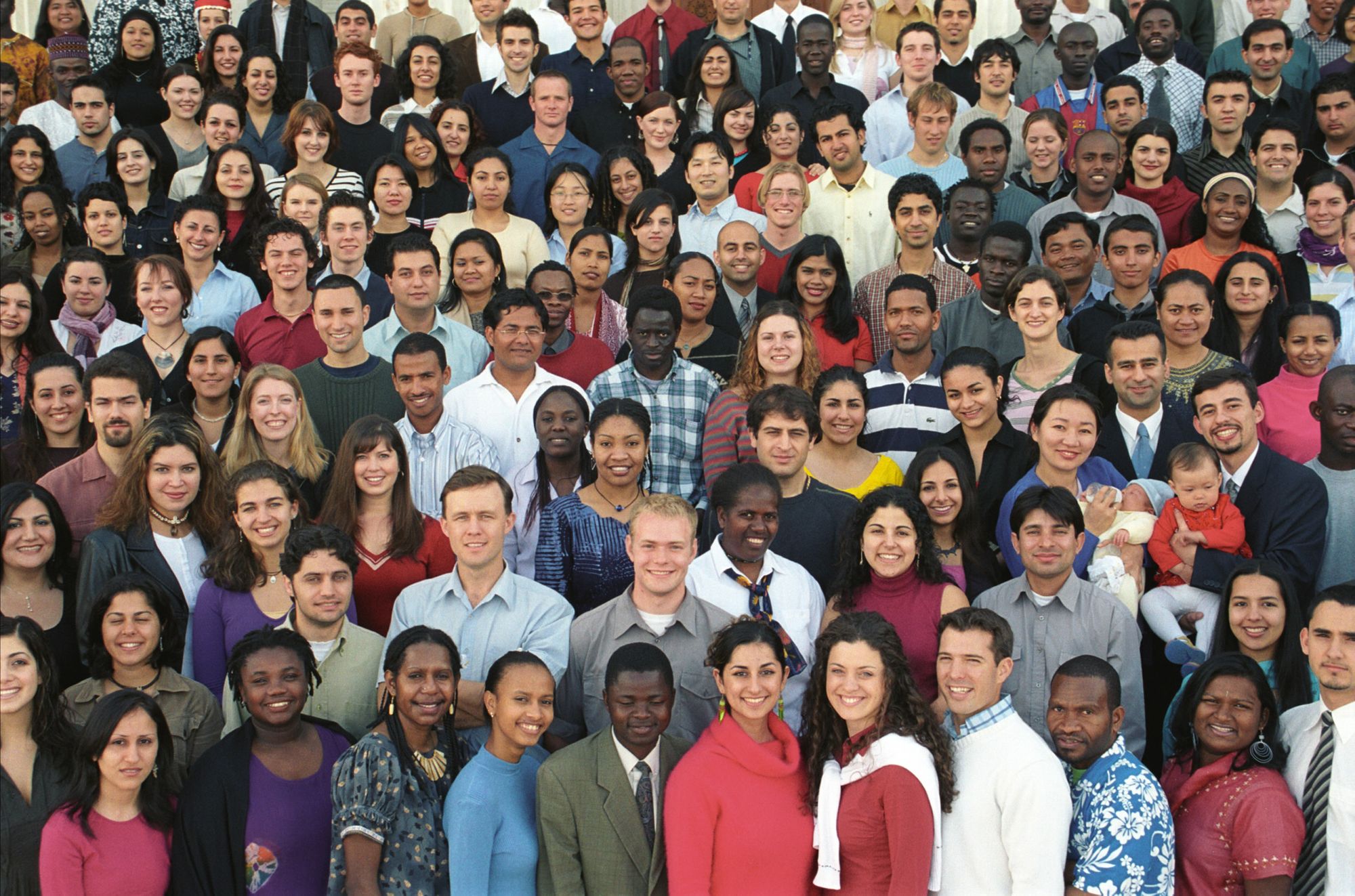In the modern discourse surrounding social justice, diversity, and unity, the teachings of the Baha’i Faith offer a profound and often transformative perspective on race. This article explores the intricate relationship between race, diversity, and unity as articulated by Baha’i teachings, emphasizing both the significance of race and the overarching principle of the oneness of humanity. Through examining various aspects of Baha’i thought, we will delve into the essential truths that underpin this belief system, demonstrating how it seeks to transcend the barriers that have historically divided humanity.
To commence, it is vital to comprehend the Baha’i view of race. The Baha’i teachings postulate that race is not merely a social construct but an integral aspect of human identity. The founder of the Baha’i Faith, Baha’u’llah, emphasized that humanity is a single family, with all individuals representing the diverse manifestations of a common origin. This belief in a shared ancestry is foundational, as it posits that the differences among races are superficial and that beneath these variances lies a fundamental unity. Understanding this perspective is crucial in fostering an appreciation for diversity as a vital component of human existence.
Central to the Baha’i perspective is the principle of the oneness of mankind. This concept asserts that all human beings, regardless of race, ethnicity, or background, are equal and deserving of respect and dignity. The Baha’i teachings explicitly reject any form of racial prejudice, illuminating the destructive consequences of discrimination and the need for mutual respect. As such, Baha’is advocate for an equitable society where individuals are valued for their innate qualities rather than their racial or ethnic backgrounds. This ethos not only fosters a sense of belonging but also cultivates an environment where diverse experiences and perspectives contribute to the enrichment of society.
Moreover, the Baha’i Faith promotes the idea of diversity as a source of strength. It posits that just as a garden flourishes with a variety of flowers, so too does humanity benefit from the multiplicity of races and cultures. Baha’is are encouraged to engage with and appreciate the rich tapestry of human experiences, acknowledging that each culture offers unique insights and contributions. This notion aligns closely with the contemporary understanding of diversity, advocating for inclusiveness and the celebration of differences as an essential pathway to unity.
In discussing the importance of race within the Baha’i framework, one must also consider the roles of education and capacity-building. Baha’is are encouraged to pursue knowledge and understanding, not merely for personal advancement but as a means of dismantling prejudices and fostering greater unity. Educational initiatives, particularly those aimed at addressing racial inequities, are vital in promoting dialogue and understanding among diverse groups. By equipping individuals with the knowledge to challenge misconceptions and biases, the Baha’i Faith envisions a world where race is no longer a divisive factor but a point of convergence and collaboration.
In addition to education, acts of service play a significant role in cultivating unity among diverse racial and ethnic groups. The Baha’i teachings emphasize the importance of contributing to the welfare of society, urging followers to engage in meaningful service that transcends racial boundaries. Through collaborative efforts aimed at achieving common goals—such as poverty alleviation, environmental stewardship, and social justice—individuals of different races can forge relationships based on mutual understanding and shared objectives. Such initiatives not only advance social cohesion but also lay the groundwork for the development of a more harmonious global community.
Furthermore, the Baha’i Faith acknowledges the critical influence of community building in advancing racial unity. Baha’is are encouraged to create spaces where individuals from diverse backgrounds can come together to share their experiences, learn from one another, and engage in collective action. This communal aspect is essential, as it fosters an atmosphere of belonging and support that transcends differences. By nurturing environments where individuals can freely explore their identities while appreciating the diverse identities of others, the Baha’i community embodies the principles of unity and collaboration.
These teachings provide a robust framework for understanding and addressing the complexities of race in today’s world. The Baha’i perspective underscores the necessity of cultivating an inclusive society where diversity is perceived as an asset rather than an impediment. Racial unity, as envisioned by the Baha’i Faith, is not merely an aspirational ideal, but an achievable reality that demands active participation and commitment from individuals and communities alike.
In summation, the Baha’i teachings present a compelling reflection on the significance of race within the context of diversity and unity. By adhering to the principles of the oneness of mankind, embracing the richness of cultural diversity, and prioritizing education and community service, Baha’is contribute to the creation of a more just and equitable world. In an era that grapples with racial divisions, the Baha’i Faith stands as a beacon of hope and a guide towards a future characterized by inclusivity and harmony. The pathway to unity is undoubtedly challenging; nevertheless, the Baha’i teachings illuminate the way forward, inviting all individuals to partake in the journey towards a world where race is celebrated and humanity flourishes as one.
